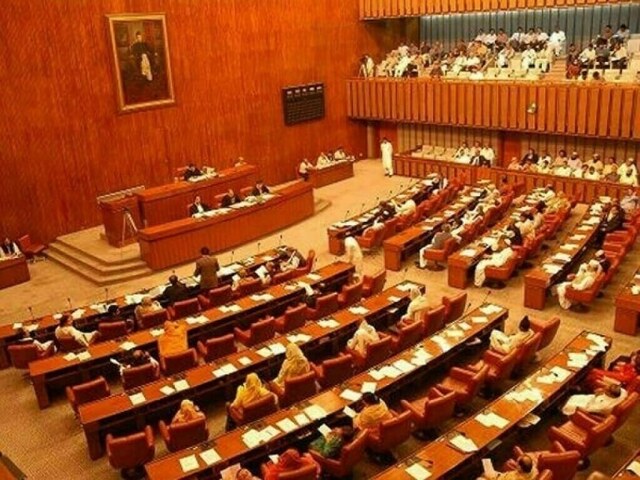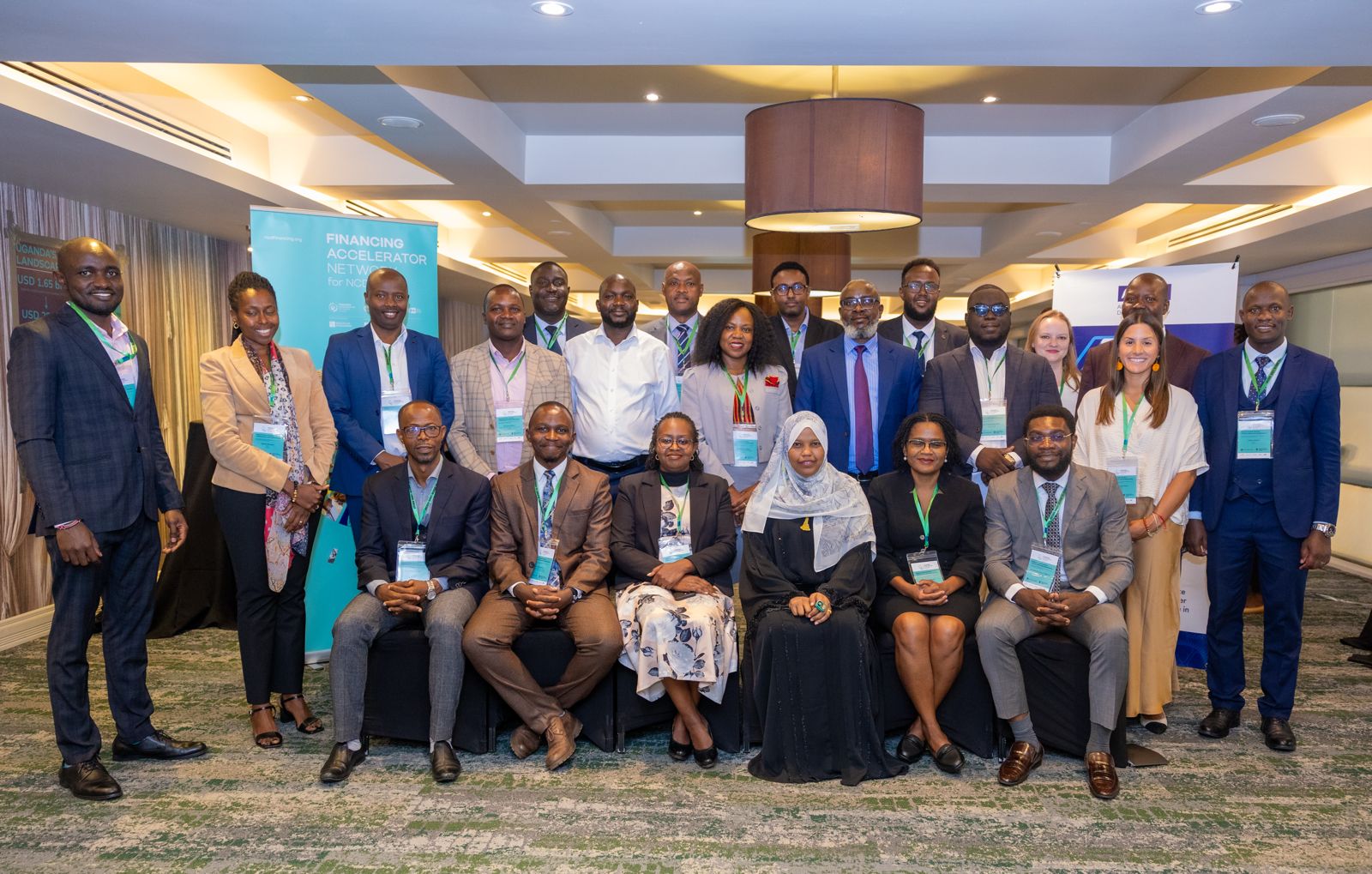By Naveed Butt
Copyright brecorder

ISLAMABAD: The Senate Standing Functional Committee on Problems of Less Developed Areas reviewed various ongoing and upcoming projects aimed at addressing the challenges faced by underdeveloped regions of Pakistan, with particular focus on health, education, scientific research, and industrial development.
A meeting of the Senate Standing Functional Committee on Problems of Less Developed Areas was held on Thursday at the Parliament Lodges, under the chairmanship of Senator Danesh Kumar.
The committee reviewed various ongoing and upcoming projects aimed at addressing the challenges faced by underdeveloped regions of Pakistan, with particular focus on health, education, scientific research, and industrial development.
A detailed briefing was provided by the Ministry of Science & Technology on the role of the Pakistan Council for Scientific and Industrial Research (PCSIR) in driving technological and industrial advancements in underdeveloped areas.
The briefing covered key initiatives and strategies for the promotion of industrial development, scientific research, and technological innovations aimed at boosting local economies.
The committee was informed that since 2004, PCSIR has successfully trained over 19,992 individuals across various sectors, such as food processing, minerals, marble, gemstone, precision technology, mold, and dyes in regions like Gilgit-Baltistan (GB), Quetta, Daska, Swat, Mingora, Booni, and Chitral. The training has empowered local youth, providing them with the necessary skills to contribute to local industries.
Developments such as the establishment of mobile training facilities at PCSIR Labs in Skardu, development of value-added products like jam, squash, fruit candy, herbal teas (Apple, Cherry, Mulberry), and apple and pomegranate syrups, and setting up of a gem cutting and polishing centre and a comprehensive mineral analysis facility in Skardu, one-ton capacity Solar Dryer developed at PCSIR Labs Skardu to prevent post-harvest losses came under discussion. It was apprised that the beneficiation of lead ore with a 62.7 percent efficiency was achieved in Uthal, Balochistan. Similarly, progress on schemes like the installation of the de-fluoridation water treatment plant in Chachro, Tharparker, as well as the Establishment of a greenhouse for hemp cultivation in Quetta, was also reviewed.
The committee was also briefed on several major projects aimed at accelerating development in underprivileged regions. These include the establishment of PCSIR Laboratories in Multan, a Rs 1.64 billion initiative approved by the Central Development Working Party (CDWP) in June 2020; programs to promote value-added products from local fruits and vegetables in areas such as Chitral and Southern Punjab; and innovative ventures like the use of banana fibres for sustainable industrial applications in Hyderabad and fiber glass boat development in Gwadar.
The committee reviewed several new initiatives, including the use of banana fibre for industrial innovation at PCSIR Labs in Hyderabad, a date palm value addition project in Southern Punjab, and a precision boat manufacturing venture in Gwadar to advance marine technology. Other projects highlighted were the provision of clean drinking water through ceramic filters in flood-affected areas of Khyber Pakhtunkhwa, and a sustainable cattle feed development project in Peshawar using olive oil waste residues.
Senator Danesh Kumar, Chairman of the Committee, emphasized the importance of equipping the youth with skills that can drive economic growth in less developed areas. “Our organization has successfully trained over 20,000 youth, with 40% securing jobs,” he said, highlighting the positive impact of skill development initiatives.
The committee also discussed the educational challenges faced by underdeveloped areas, particularly in Balochistan. It was revealed that PCSIR’s educational institution in Sariab, Balochistan, had seen only 18 students enroll in the Diploma of Associate Engineering (DAE) programme over the past five years.
Senator Jan Muhammad raised concerns about the low enrollment rates, attributing them to socio-economic challenges, and urged the government to take urgent steps to address these challenges.
Earlier, the Committee expressed its concerns over the non-participation of the Secretary Health in this meeting, leading the Chairman to defer the discussion on health-related issues until the next meeting. The Secretary of Health, along with other relevant officials, has been summoned to provide a detailed briefing at the upcoming session.
The committee’s next meeting will focus on receiving a detailed briefing from the Ministry of Health, as well as addressing any outstanding issues related to the development of less developed areas across Pakistan.
Copyright Business Recorder, 2025



